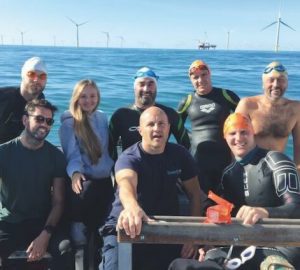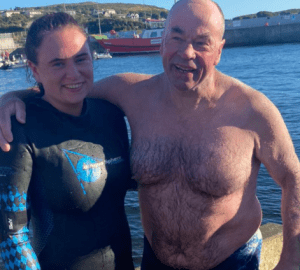Why our choice of words matters to our fellow swimmers
I was reminded this week about the importance of being careful with language and how the way we use words can alter perceptions.
I used the term “disabled swimmer” in an email. I was then told (very politely I should add) by the recipient of that email how much they hate that phrase or similar ones such as “disabled person” which suggest someone is inherently less of a person – which is clearly not the case. The preferred wording is “swimmer with a disability” as this puts the importance on what the person does (i.e. a swimming) rather than the disability.
I also learnt that it’s not just in our casual use of language that we do swimmers with disabilities a disservice: some have trouble accessing clubs, venues and competitions. Swimmers are told that their wheelchairs can’t be brought onto poolside, their walking sticks are a trip hazard and that their health and safety cannot be guaranteed in the water when swimming with “disability unaware” swimmers.
I’m sure there are complex issues here and that there are genuine concerns from clubs. I’m equally sure that more could be done by clubs to make them more welcoming and accommodating – not just for swimmers with disabilities but for swimmers with a wide range of swimming capabilities.
Many swimmers with disabilities are perfectly capable of keeping up in regular masters swim sessions or holding their own in races. Swimming is often an activity where people with disabilities feel very comfortable and where their impairment is less of an issue than it is on land. And swimmers, in my experience, are usually very accommodating of other people’s needs. So, if you’re in a club, please do what you can to make it welcoming to all swimmers, and if you’re writing or talking about disability, be aware of how you string your words together. It makes a difference.
On a more positive note, one other thing we’ve learnt while writing Issue 28 (Apr/May 2015) is that the leading swimming holiday operators are all supportive of clients with disabilities. We’ve been talking to one swimmer who is blind and two others with MS who have all had fabulous swimming holiday experiences. You can find out more about these in our Apr/May 2015 issue, which is available here.






